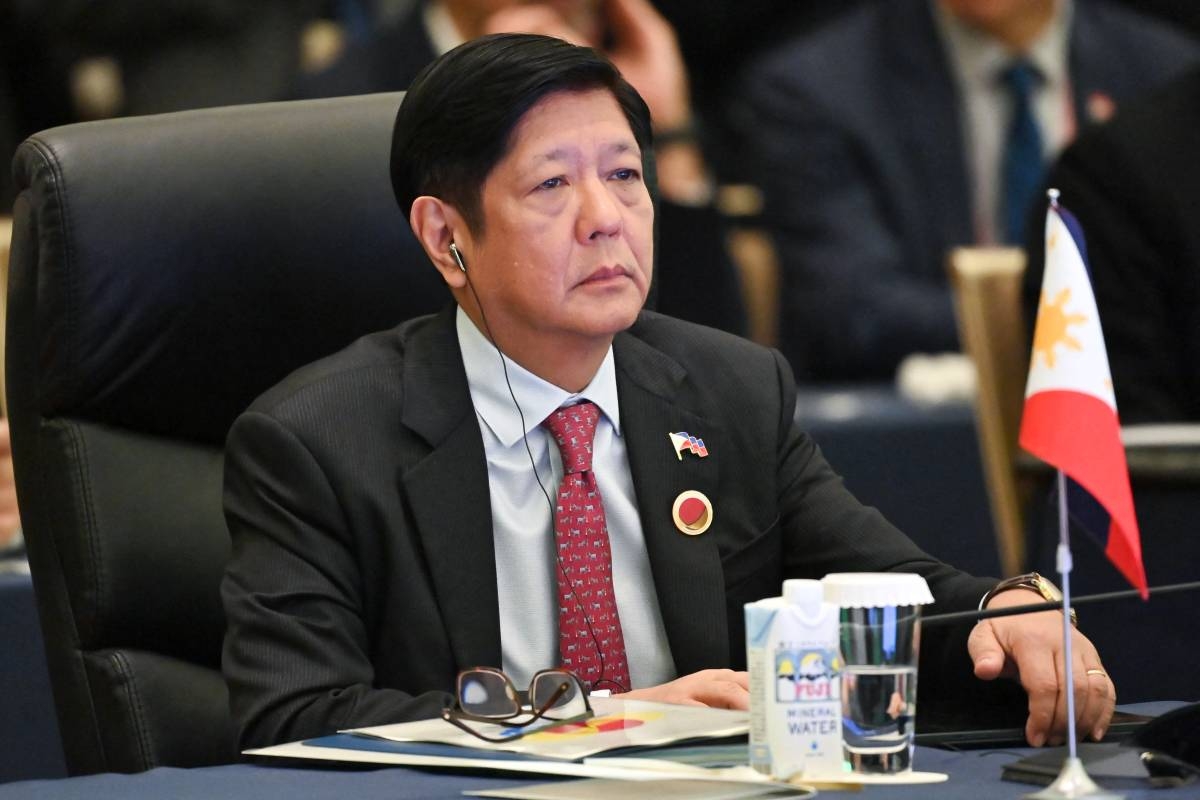President Ferdinand Marcos Jr. has stated that the Philippines and China are currently deadlocked in their negotiations over joint oil exploration in the West Philippine Sea (South China Sea). This project has been put on hold due to tensions between Filipino and Chinese vessels in the disputed waters.
During an interview with Japanese media in Tokyo, Marcos emphasized that the Philippines is actively working towards resolving the issue in the West Philippine Sea in order to initiate energy exploration projects before the depletion of the Malampaya gas field’s resources.
“We are still at a deadlock right now. It is in a conflict area. So, that’s another thing that we have to try and resolve,” Marcos said.
He further clarified, “It’s still the position of the Philippines that this is not in a conflict area. This is very clearly within our EEZ [exclusive economic zone]… within our baselines, within the maritime territory, the Philippines.”
Despite three years of negotiations, little progress has been made between the two countries. In 2018, Manila and Beijing signed a joint memorandum of agreement to establish a joint steering committee as an official negotiating forum for their efforts to explore oil and gas resources in the West Philippine Sea, specifically in Reed Bank, which falls within the Philippines’ EEZ.
Unfortunately, the panel convened only once. In 2022, the Philippines withdrew from the negotiations following reports of Chinese ships harassing two survey vessels commissioned by Philippine energy companies.
Highlighting the importance of liquefied natural gas (LNG) to the Philippines, President Marcos emphasized its role in the country’s transition to renewable energy.
“We are seeing LNG as being the transition between purely fossil fuel, coal, to a bigger mix of renewables,” Marcos stated.
However, he acknowledged that the shift to renewables is not as straightforward as anticipated, necessitating a transition period to allow for the development of infrastructure and technologies.
As the Philippines seeks to diversify its energy sources and reduce reliance on traditional fossil fuels, the unresolved deadlock with China poses a significant challenge. The West Philippine Sea holds vast potential for oil and gas reserves, making it a crucial area for exploration.
Given the current global focus on sustainable energy, the Philippines recognizes the importance of transitioning to renewable sources. Nevertheless, this transition requires careful planning, investment in infrastructure, and the development of new technologies.
Resolving the deadlock with China is crucial for the Philippines to tap into the energy resources in the West Philippine Sea. Through diplomatic negotiations and adherence to international law, both countries must work towards finding a mutually beneficial solution.
As the situation unfolds, it remains to be seen how the Philippines and China will navigate the complexities of this issue and whether a resolution can be reached to unlock the potential of the West Philippine Sea for energy exploration.







